Opportunities for Gay participation at Thai Temples. Part 2. Golden Mount, Trimurti Shrine, Wat Hua Lamphong, Spirit mediums.
I think that visiting LGBT would be interested in participating if they knew the opportunities. The Taoist Temple of Tu'er (Rabbit) God in Taiwan draws international tourists.
Subscriptions are free.
The temple of the Golden Mount in Bangkok is an amazing temple.
This post has a fairly good set of pictures of what you might see.
Ther are substantial grounds around it.
One of the things allowing for visitor participation are Bodhi leaves.
Nothing is ever prosaic in the Thai temples. Notice the fabric which they use to cover the table on which they are offering the Bodhi leaves.
You write your wishes on a Bodhi leaf and hang them on a frame. The cost is minimal, about half a dollar. Participation is easy. They even supply the pens.
The Bodhi leaves idea come from the Bodhi Tree, which was the tree that the Buddha sat under when he finally achieved enlightenment.
https://en.wikipedia.org/wiki/Bodhi_Tree
I didn’t know that this was something you can do at the Temple of the Golden Mount. I came across it by chance.
I used one leaf for with for the safety of the Dallas LGBT and the other for the safety of my spouse. I then hung them on the wall of hanging Bodhi leaves.
Trimurti on the Ratchaprasong Skywalk.
I didn’t put an offering on the shrine since I had no idea how it worked and I needed to get seven other shrines photodocumented. Can anyone put up an offering, or do you need to be a member of something? I didn’t know and I didn’t want to cause offense.
This is a fairly good article on the Skywalk.
https://www.bangkokpost.com/life/travel/2190079/the-gods-of-ratchaprasong
About the Trimurti Shrine.
https://www.tour-bangkok-legacies.com/trimurti-shrine.html
I learned this by chance from page 194 in a book on amulets, “Capitalism, Magic, Thailand: Modernity With Enchanment,” by Peter A. Jackson. For ANY HISTORIAN ON ANY TOPIC, the first chapters on what is modernity and how we preconceive it is well worth the price of the book. There might be a dozen places Thai Gays go to make prayers or offerings, but I wasn’t able to find out anything.
Side view of shrine.
LGBT Spirit mediums
The following book, “Deities and Divas,” has been translated into Thai. The link uses Thai letters, so this is how Substack shows Thai links.
Maybe that is why I knew about the people involved, but I couldn’t find Thai who knew of them.
Try as I might, I could not find any in Bangkok. One Expat in Chang Mai know of some which his Thai friends knew, but none in Bangkok. There also seems to be a prejudice against them among Thai people. I got hostile reactions when I made inquiries.
I generally found that the Expats were disconnected from Thai LGBT society and they were learning things from me.
I think that there would be potential interest in the United States in this practice among LGBT, though I can’t give any evidence to support this speculation.
The Sisters of Perpetual Indulgence are now national and are mostly a service organization doing charity events to support the LGBT community. Though originating as a spoof of the Roman Catholic Church, they have evolved into a serious organization. I am giving them the above two book for their library as well as two French language books on the Sisters of Perpetual Indulgence.
At this time, a very large fraction of the LGBT in the United States are not a member of any religion, but feel spiritual. They are looking.
Wat Hua Lamphong, Raumkatanyu Foundation.
The Wat Hua Lamphong, Raumkatanyu Foundation, had burnings of paper like you would see at Taoist temples, people were going up to a counter and getting papers to burn in the Taoist small temple. However, not knowing Thai, or how things worked, I didn’t attempt it. The papers weren’t like the papers I saw in Taipei, so it might be they aren’t prayers at all.
This is the Wat Hua Lamphon temple.
They had next to it the Raumkatanyu Foundation a Taoist Temple.
Summary
There are likely many ways that LGBT visitors can participate in religious activities in Thailand, but there is no guidance as to where and how. The two examples given above I found by chance.
I tried to get information from English speaking Expats, Gay and otherwise in Thailand, but I found that mostly they were only physically in Thailand, but otherwise not connected to Thai culture.
At the temple of Wat Hua Lamphong the staff there was friendly. When I made a donation, they went with me and we did the full procedure with hitting a bell and pounding on a drum. There were two guys and we communicated with translation apps on the phone.
I was about to ask them about prayers, but I was interrupted by a person whose English was good, but wasn’t intending to be an additional person helping, but a pushy Buddhist missionary talking down to me, and so I then focused on leaving.
I think that given the temple’s location, many LGBT tourists might want to visit. It reminded me of the Taoist temples in Taiwan.
I think that if there was some type of guide to where LGBT tourists might go, and what they could do there, there would be interest. I think that others who aren’t LGBT might find it of interest.
The Taoist Temple of Tu’er in New Taipei City, Taiwan, has gotten lots of international interest over the years and visiting journalists and all the Gay travel guide people make a stop. It is globally known. A Chinese American even made a video based on the story titled, “Kiss of the Rabbit God,” which currently has 3.6 million views on the YouTube alone. American TV shows have referenced the Rabbit God.
This is a post by LGBT travel influencers called the Nomad Boys.
https://www.facebook.com/photo.php?fbid=2843282432595108&id=1403222193267813&set=a.1404332946490071
It might be helpful if the Buddhist temples knew that not every tourist just sees the temples as exotic theme parks, but has some interest otherwise. If a list was established as to where LGBT might go and what they might do, LGBT travel influencers would likely visit also, and communicate the opportunity to their followers.





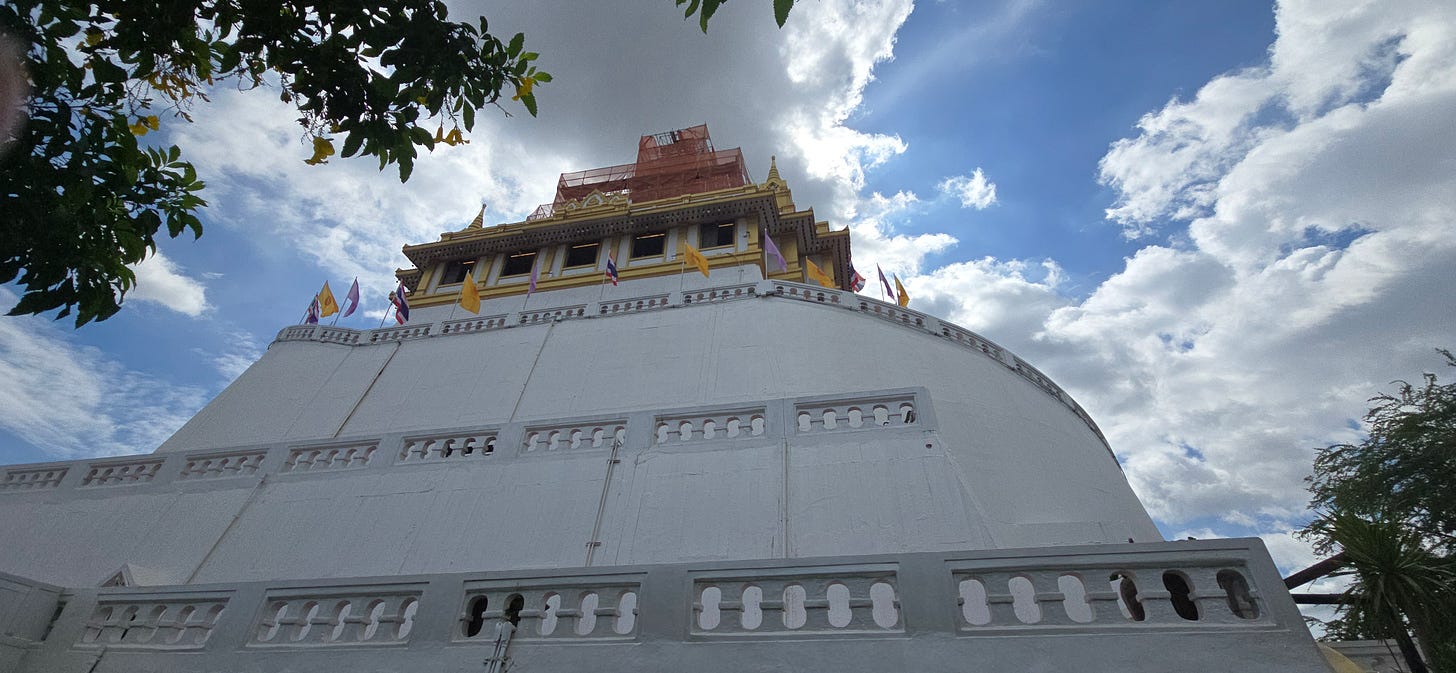

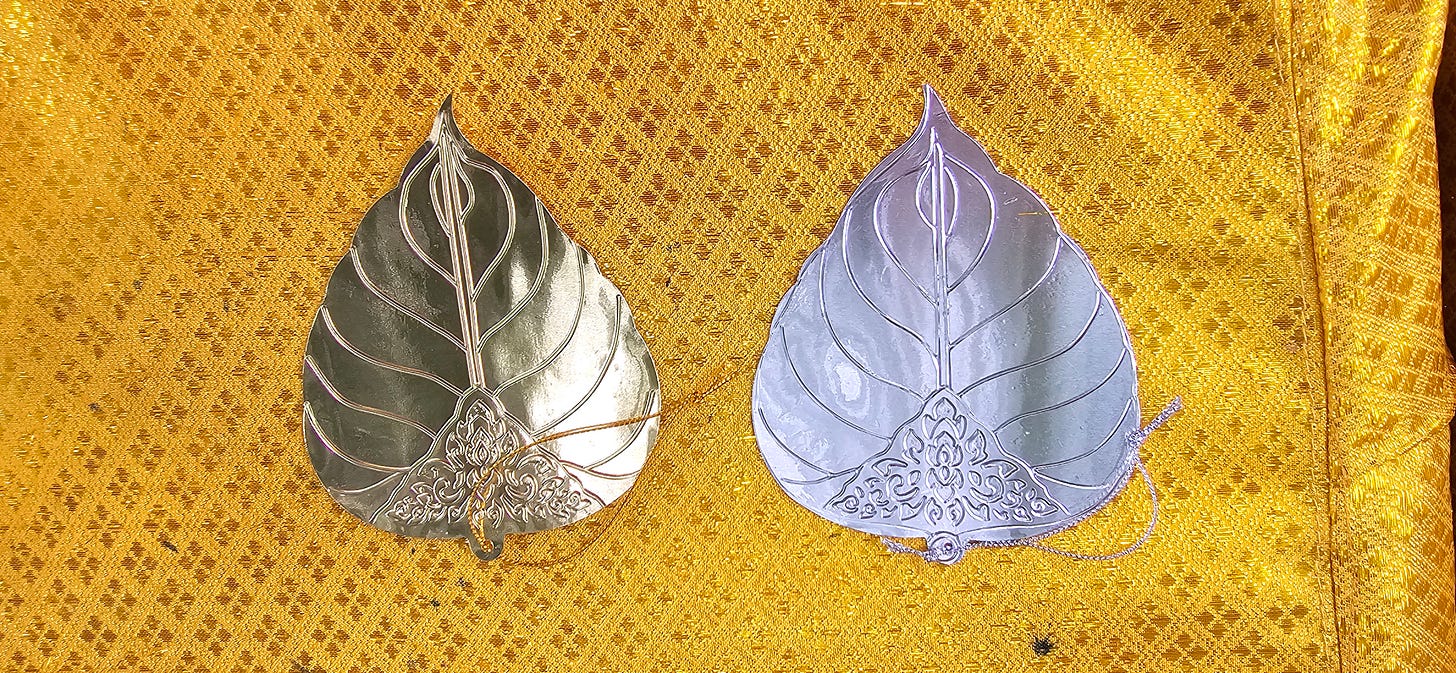
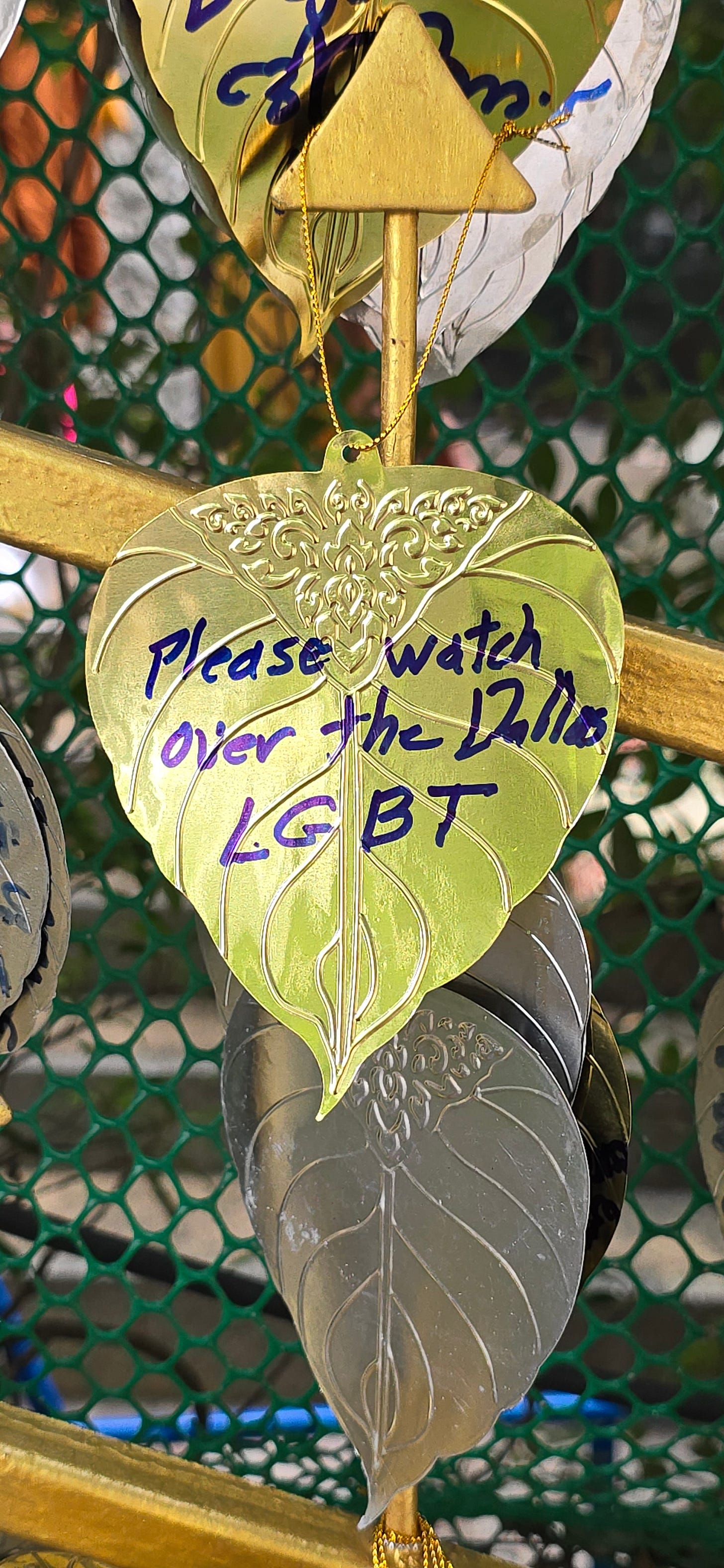
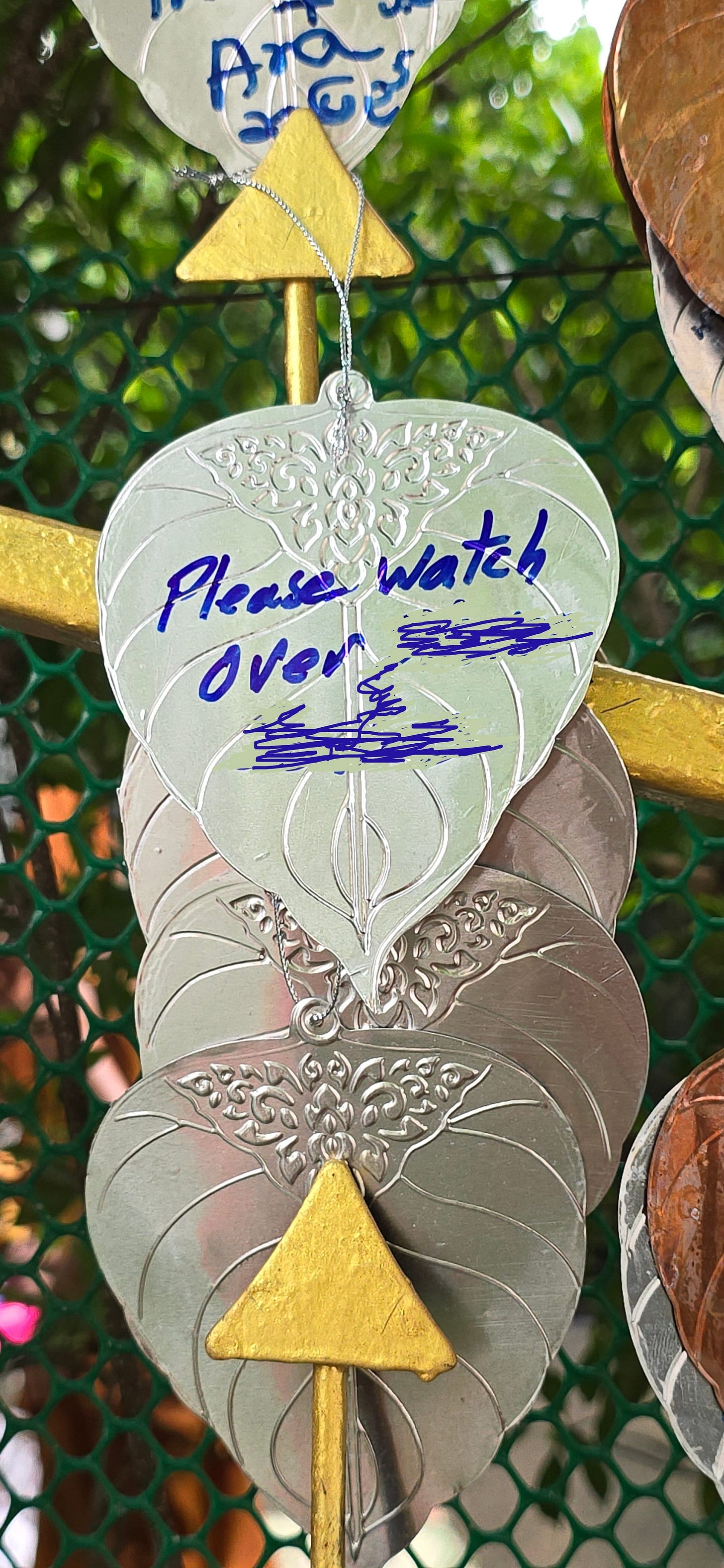

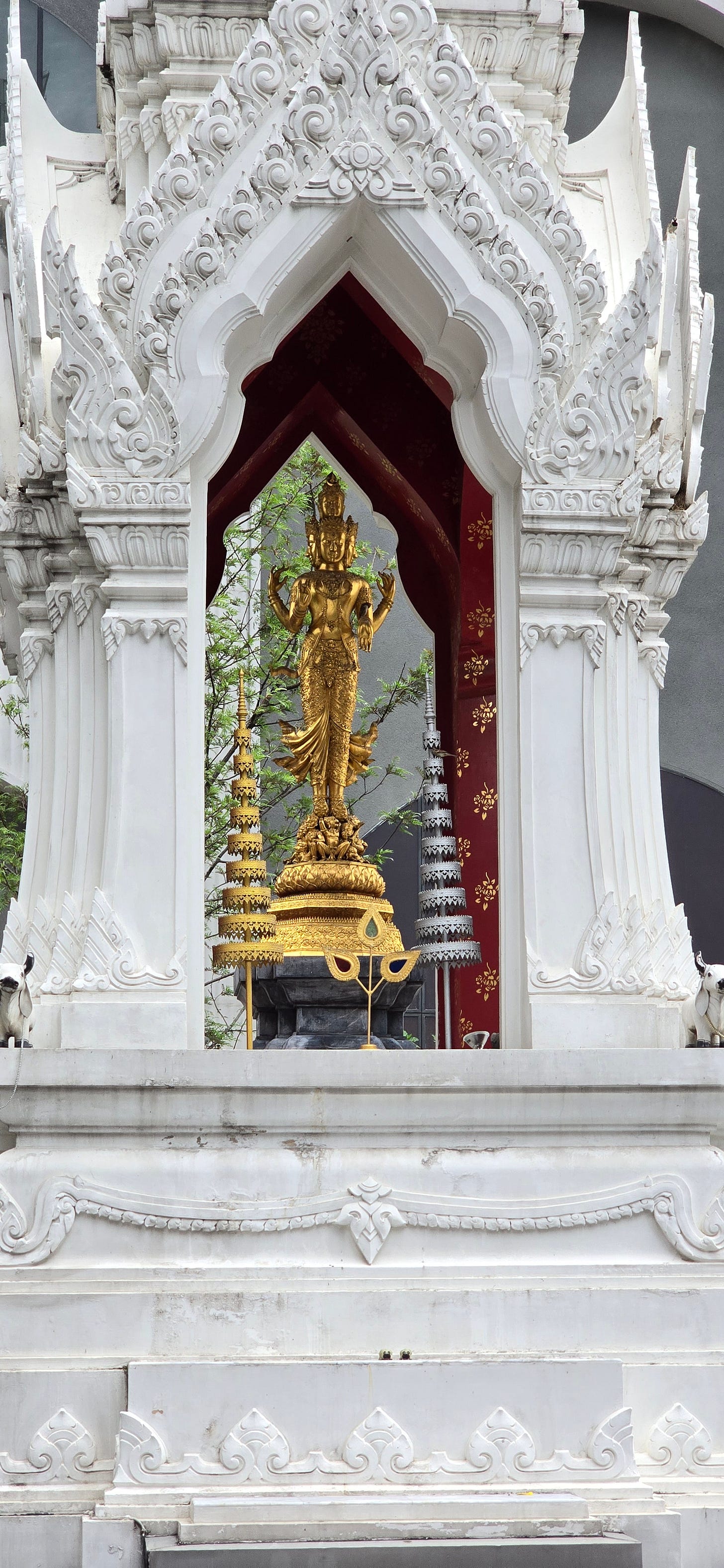
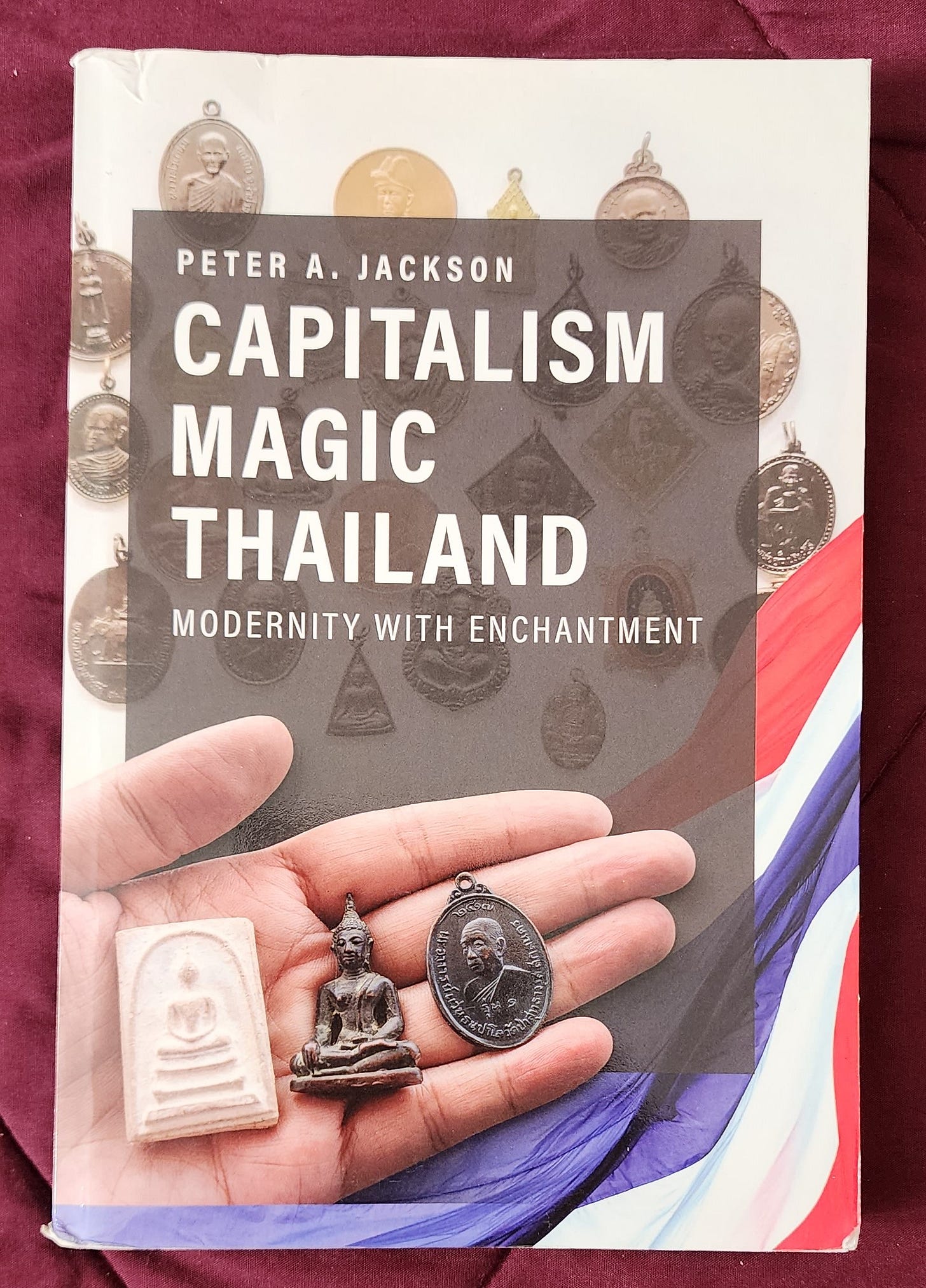
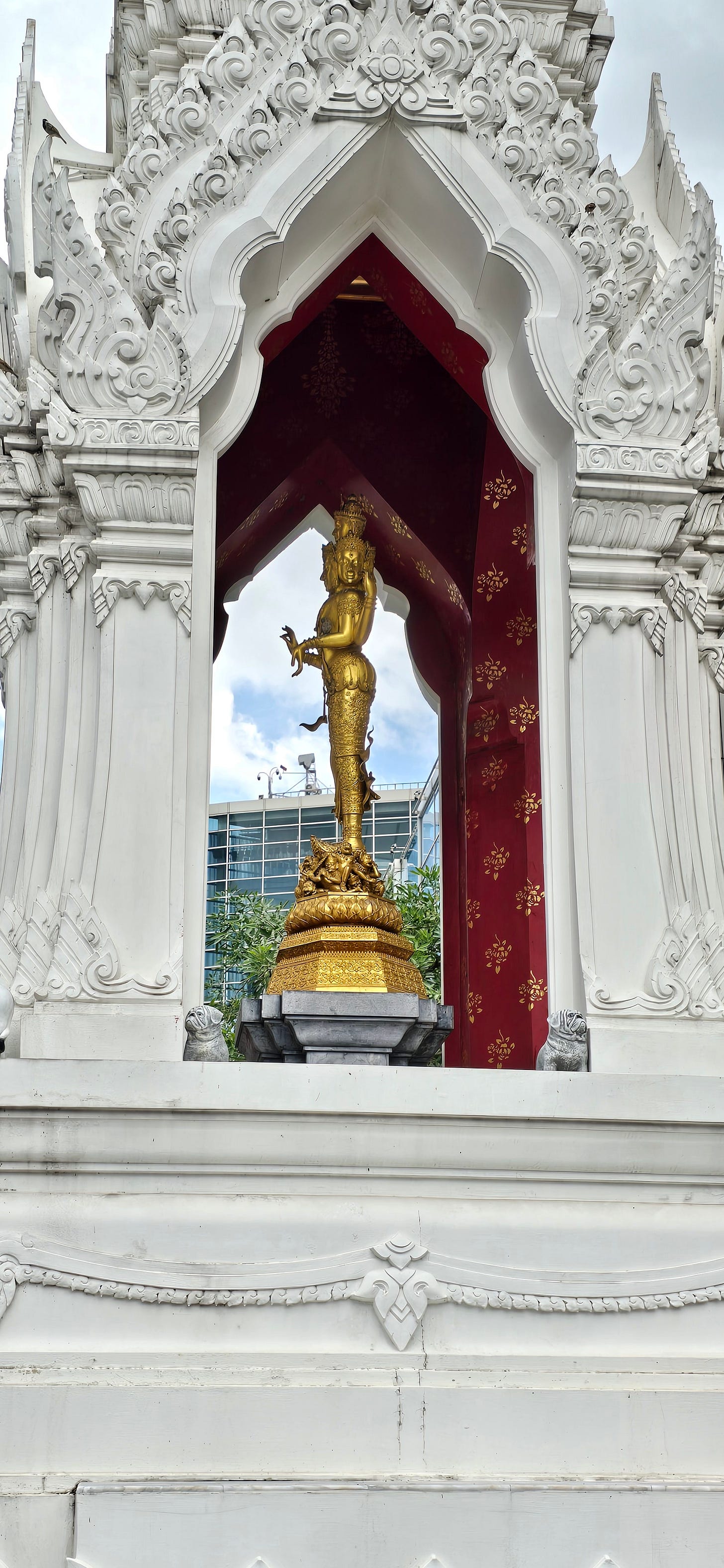

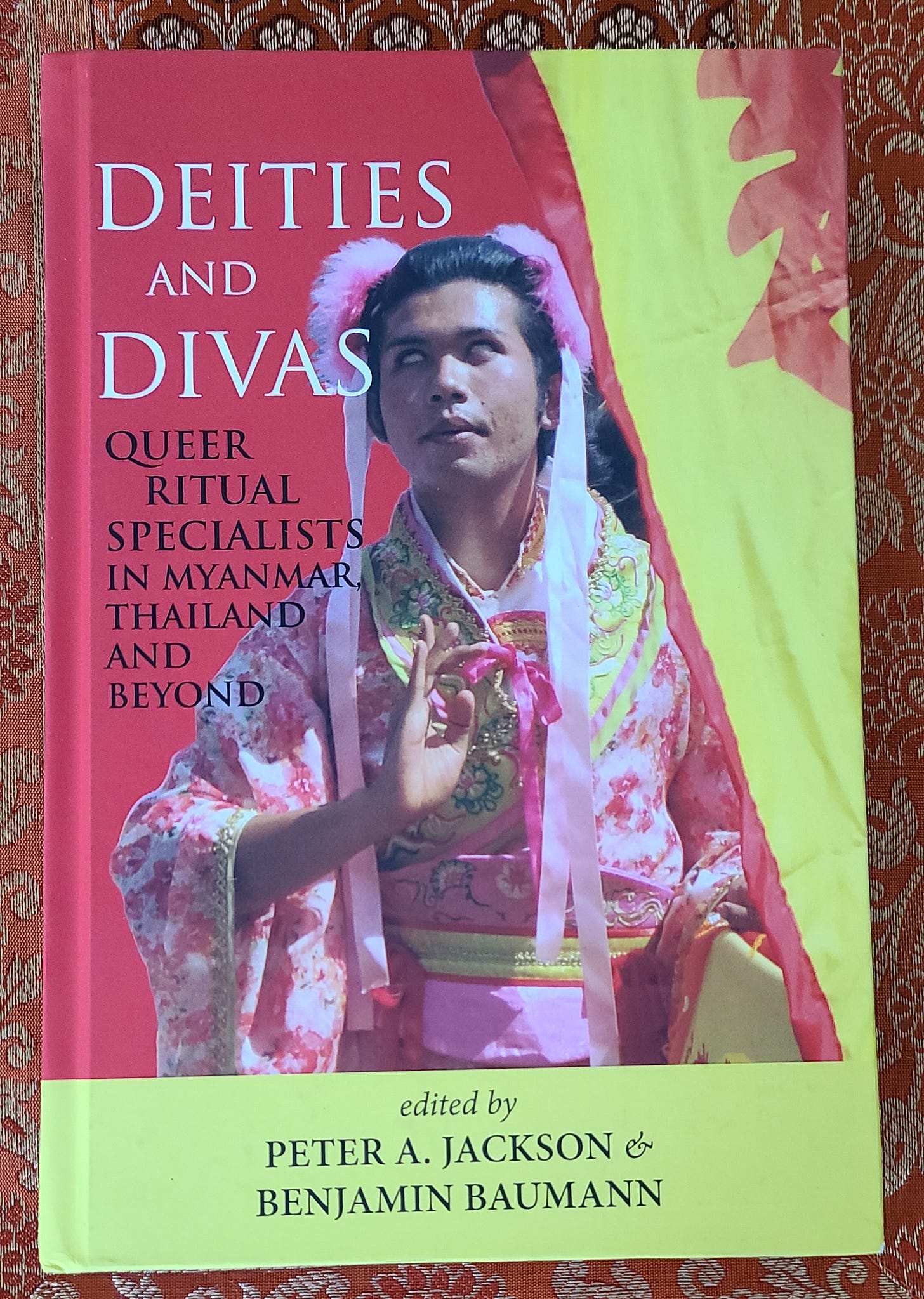
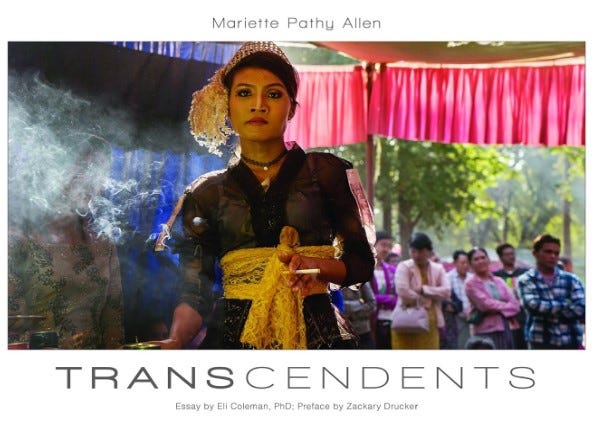
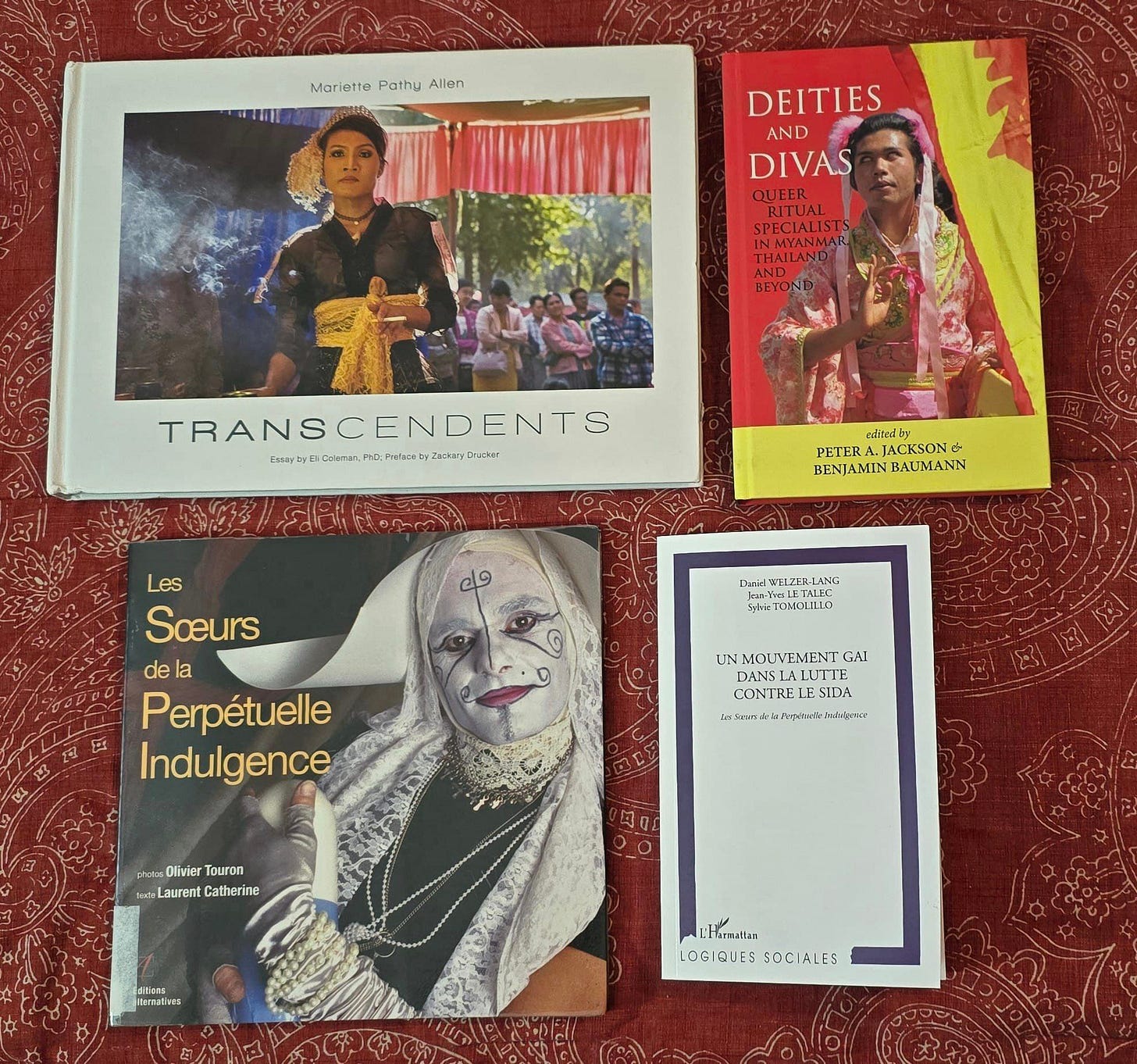


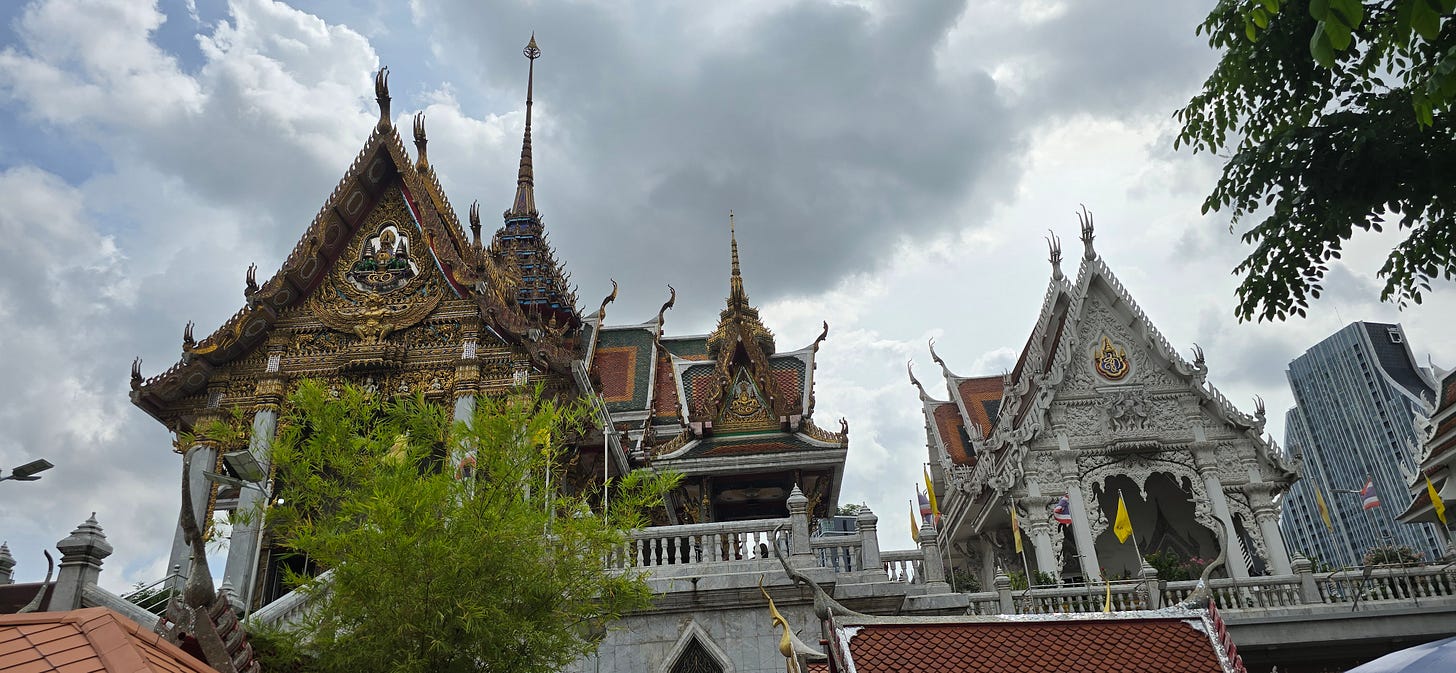
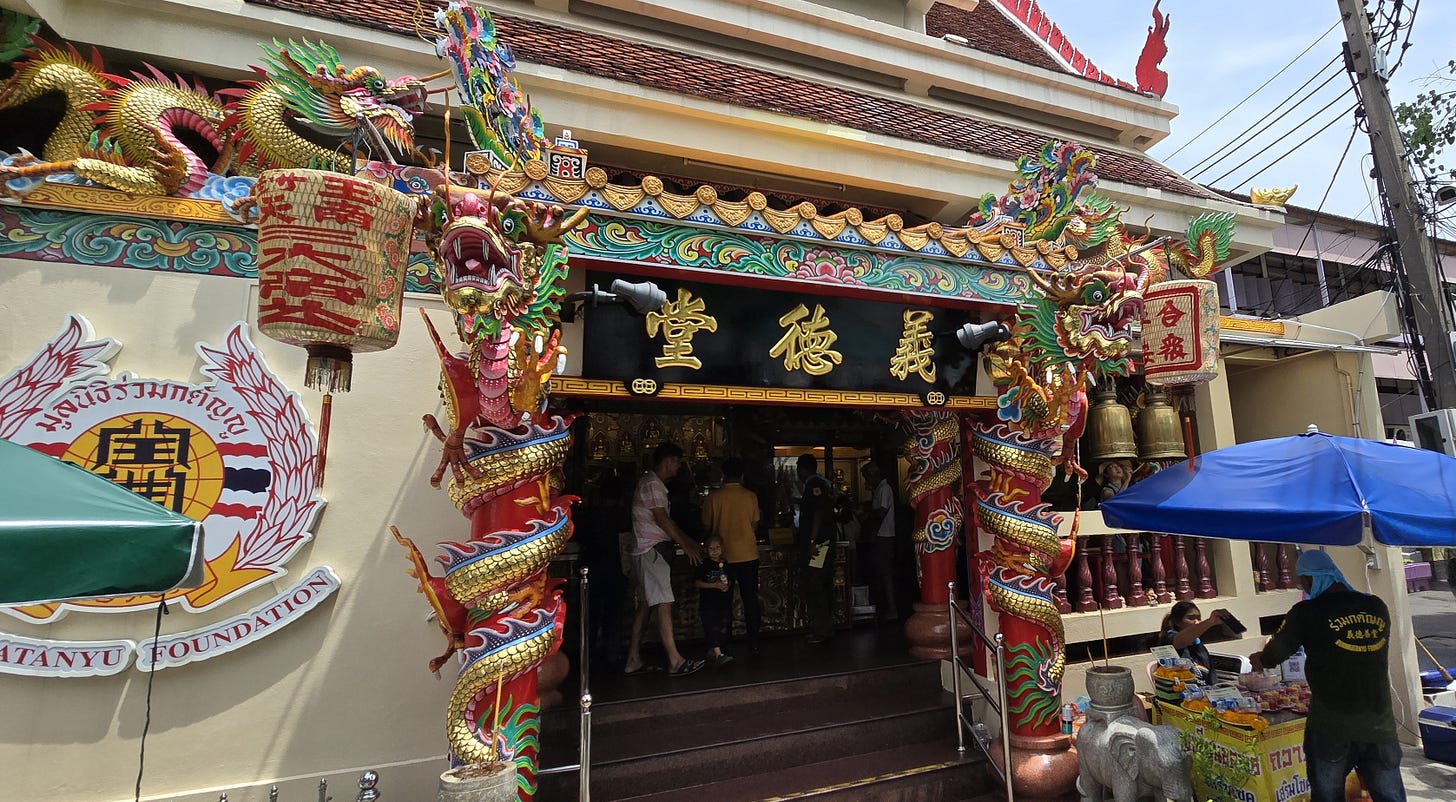

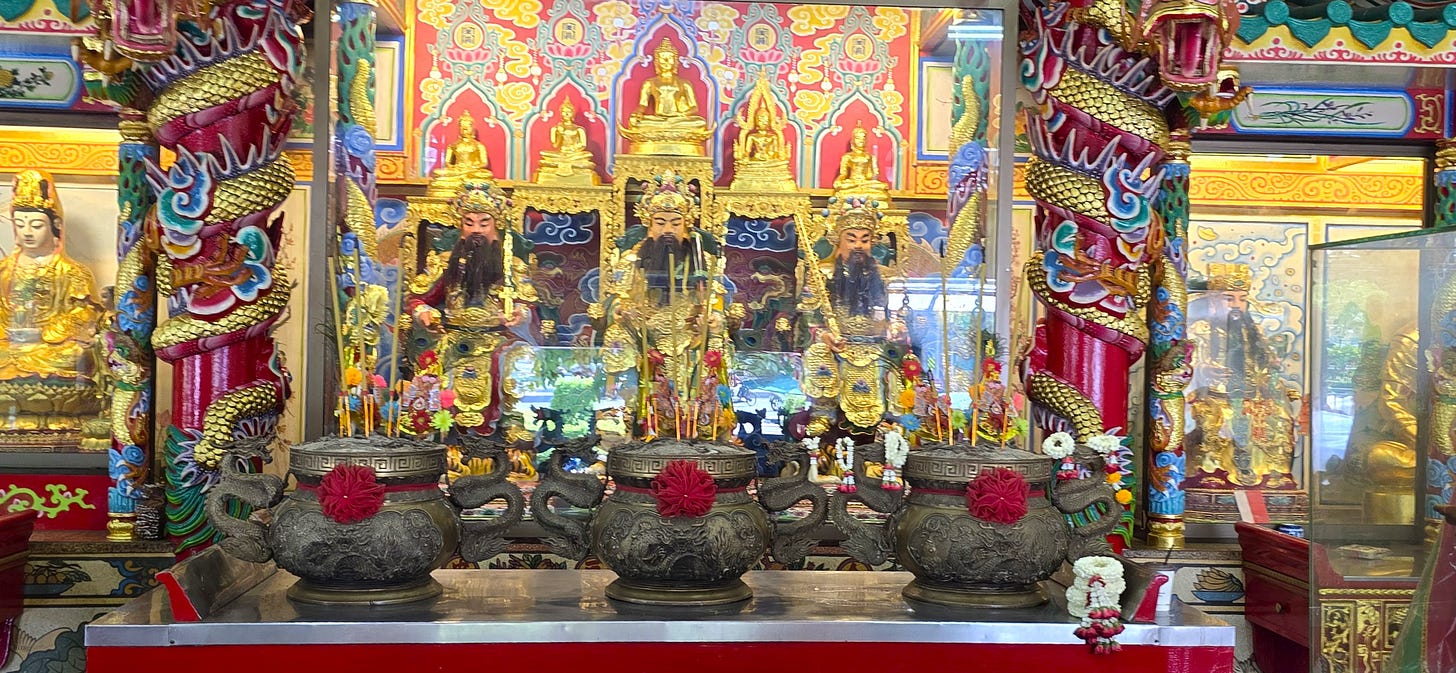

Thanks for the post, I feel like I'm traveling too. 💖